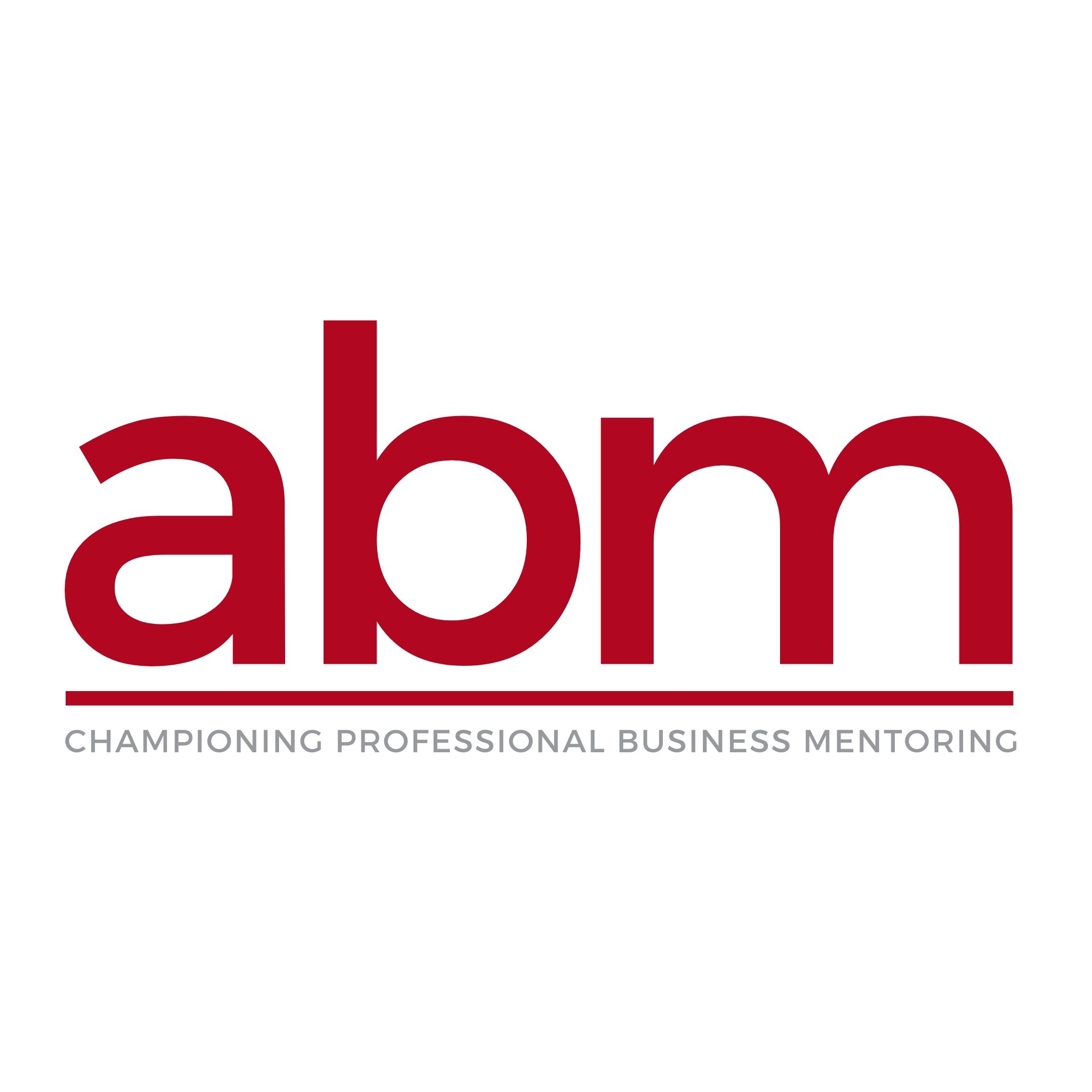There are a myriad of resources available for business owners to get advice; workshops, books, webinars, podcasts, events plus the thousands of free business plan templates that are available on the internet, so you’d think that every business had a plan, right? Wrong!
It’s unfathomable as to why so few do in the current climate. In fact, only 25% of small businesses have a plan according to regular surveys.
That’s astonishing when you think about it, three quarters of small businesses who’re happily, or otherwise, ‘making it up as they’re going along’; managing (if you can call it that) their business passively, not proactively.
About the 25%
There’s no guarantee that all of the 25% are getting it right!
The vast majority of written business plans have the weight and readable appeal of a university thesis, most often constructed to help gain finance from a bank or investor. I can pretty much guarantee that nobody has read the whole thing other than the author and even the financiers have only gone as far as the executive summary and cashflow forecast!
What’s the real problem?
Let’s look at this differently. Through my work with many small business owners and entrepreneurs, I know it’s not a lack of ideas or motivation or even a great product or service proposition. The problem lies with not knowing how to create a meaningful and workable business plan, and not knowing where to start.
Don’t do that, do this
A business plan can be called a number of things; roadmap, game plan, strategy. They all mean the same thing. As is a business plan that is simple, visual and easy to share. We call it ‘Strategy On A Page’. It allows you to:
- Set and monitor targets in all key areas of your business
- Align team members on the company’s strategy and goals so they have focus
- Identify your core foundations, including purpose, vision, values and market positioning
- Have a flexible and adaptable plan that can be reviewed and updated regularly to respond to business performance and market needs
From my experience, planning helps businesses to grow faster and more profitably. Business planning is about setting realistic goals, tracking your progress towards those goals and making changes as you learn more about your customers, your capacity and your markets.
It’s a living document, something everyone should ‘own’ and refer to regularly. Without a plan:
- How do you know if you can afford big investment decisions?
- How do you know if you need more staff, who and when?
- How do you know if you’ve got the right marketing and sales strategy?
- How do you know if your operations are delivering efficiency and effectiveness?
Crucially, working to a plan can highlight potential future challenges. For most established businesses, these are talent and cashflow. Of the 95% of new small businesses that ultimately fail, the majority are due to cashflow difficulties.
Having a plan will help you achieve your goals faster and more profitably.
Develop the plan. Execute the plan. Review and update the plan.
What type of plan?
I’m a huge advocate of the one-page plan that sets out the business vision, values and purpose, along with growth strategies and measurable goals.
A plan should belong to the whole team, as it’s them that ultimately deliver it. It’s not for the business owner to keep in a drawer or stick on a shelf somewhere. It’s right to include everyone (certainly your senior managers) in the creation and regular review process.
Get started with your one-page plan
- What’s the purpose of your business? Why does it exist and what puts fire in your belly?
- What does your vision look like three to five years from now?
- What are the core values that will drive team culture and outstanding customer service?
- Why should your customers choose you and what do you want them to say about you behind your back?
- What are your growth strategies across Sales, Marketing, Finance, Operations and Team?
- How will you measure your success?
The simpler, the better!
If you’re amongst the majority of small business owners that don’t have a proactive and useable business plan, it really is time that you considered having one, for all of the reasons above. We have various ways of working with clients, via online workshops, strategy retreats or 1-2-1.


